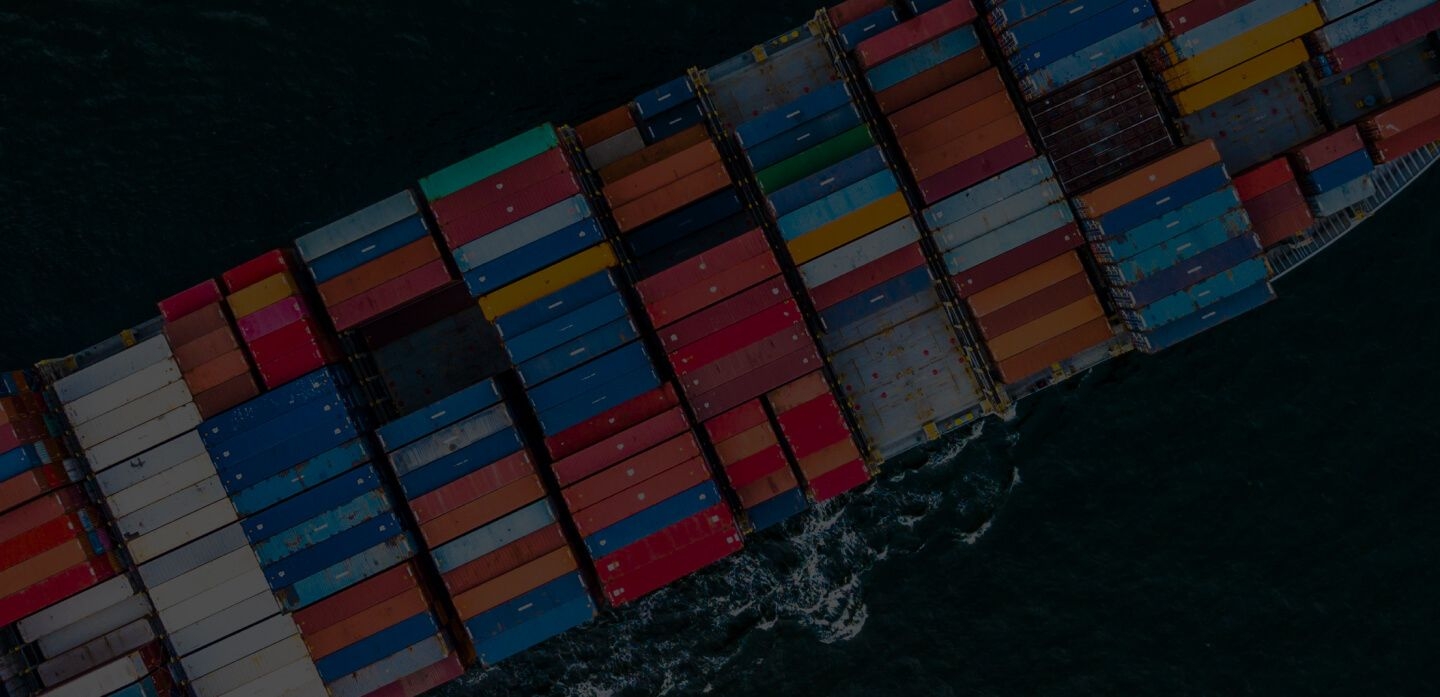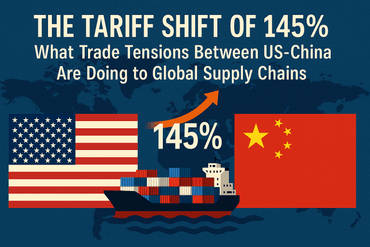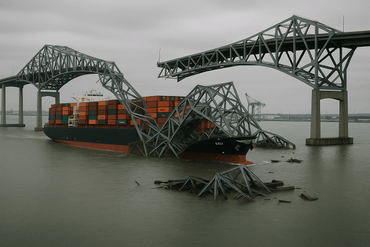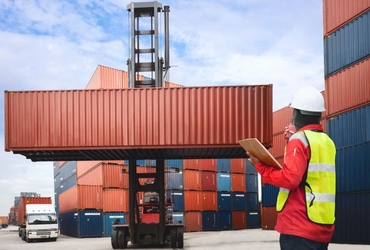
Asian consolidation in ocean freight



Come together or sink
When times are hard, it’s wise to set aside our differences and push forward together. Come together, or fail. That seems to be the principle spreading across the ocean freight industry in recent times. We see it in the many shipping mergers, acquisitions, and alliances. And such is the message that Japan’s big three shipping conglomerates received and are now acting on.
Weeks ago, Japan’s big three, NYK, MOL, and K-Line, announced a joint venture. Under this cooperation, they will consolidate all their container shipping and terminal operating businesses outside of Japan. It’s a further sign of the financial hardships the shipping industry is enduring. With this, they set themselves apart as a single unit operating the world’s sixth-biggest container fleet.
“In order to combat these factors, industry participants have sought to gain scale merit consolidation through integration and acquisition activity. Under such similar circumstances, NYK, MOL and K-Line have now decided to integrate all their container shipping and terminal operating businesses excluding Japan, into one new single entity.” - NYK statement
Industry woes continue
Global trade is forecast to grow by a meager 1.7% this year, which is the slowest since the start of the 2008 financial crisis. Much like neighboring South Korea, the Japanese shipping industry is going through some very difficult times. The collapse of Hanjin Shipping has sent severe ripples throughout the industry to be felt for years and there’s no doubt that the sector is now seeing some of the worst conditions in its 60-year history. Companies face severe losses. Trade growth slows. Overcapacity continues to persist.
This is very much a sign of coming together during hard times. All three carriers have recorded net losses in five out of the nine years since the start of the global financial crisis. They have also had a history of intense rivalry among themselves. More so than with overseas competitors. But in order to survive this economic downturn, they’re going to have to put their differences aside and harness synergies.
_“The purpose of becoming one this time is so none of us become zero.” _Italic
– Tadaaki Naito, President of NYK
The proposed joint venture is still pending approval from authorities. But if approved, this cooperation will come into effect in July 2017 and begin operations in April 2018.
The latest Asian consolidation
This Japanese cooperation is the latest in a series of Asian shipping line consolidations in recent months. Together, NYK, MOL, and K-Line will operate as Asia’s second-biggest box carrier. Industry experts say the competition from this joint venture will likely give the Asian shipping industry a much-needed jolt.
“This will make Asian carriers even stronger. Japanese shipping lines have always been considered top notch. They are operating in one of the most competitive markets and possibly offer the best available service. This will really encourage the rest to move forward to try and offer their best services. The Japanese have always had the highest reputation in the shipping business both for their quality standards and world class service but especially so for their loyalty to their customers, which is very rare in the industry.”
- Iván Tintoré, Executive President and Co-Founder of iContainers
The three carriers are also keeping an eye on the Japanese government’s budget plan and tax revisions for 2017. Collectively, NYK, MOL, and K-Line recorded a half-year operating loss of $484 million. A favorable tax scheme would surely help the conglomerate save costs as they clammer to stay competitive.
Earlier this year, China’s state-owned giant shipping conglomerates made a similar move. Cosco Group and China Shipping Group merged in order to better streamline businesses and share resources. Emerging as China Cosco Shipping, it’s now the world’s fourth-biggest container operator. The merger involved engaging the shipping of oil tankers, passenger ships, and container vessels. As with all other mergers and consolidation, their motivation stemmed from the downturn in the ocean freight industry. That left the two carriers no choice but to unite.
String of cooperations and mergers
Industry experts say the Japanese merger didn’t come as a surprise. That’s given that the top 20 container operators have been busy making waves consolidating and merging. In 2000, the top 5 carriers controlled 35% of the global container capacity. That figure has shot up to 55% as of October 2016. (Read more: South Korean shipping lines join forces to avoid another Hanjin)
“As carriers focus on better utilizing existing industry capacity, we believe new ship orders will remain low, creating the conditions for supply and demand to begin to rebalance.”
- Goldman Sachs Research
Other mergers and acquisitions this year include France’s CMA CGM acquiring Singapore’s NOL, Hapag Lloyd’s merger with UASC and more recently, Maersk’s acquisition of Hamburg Süd.
![]()
Related Articles


